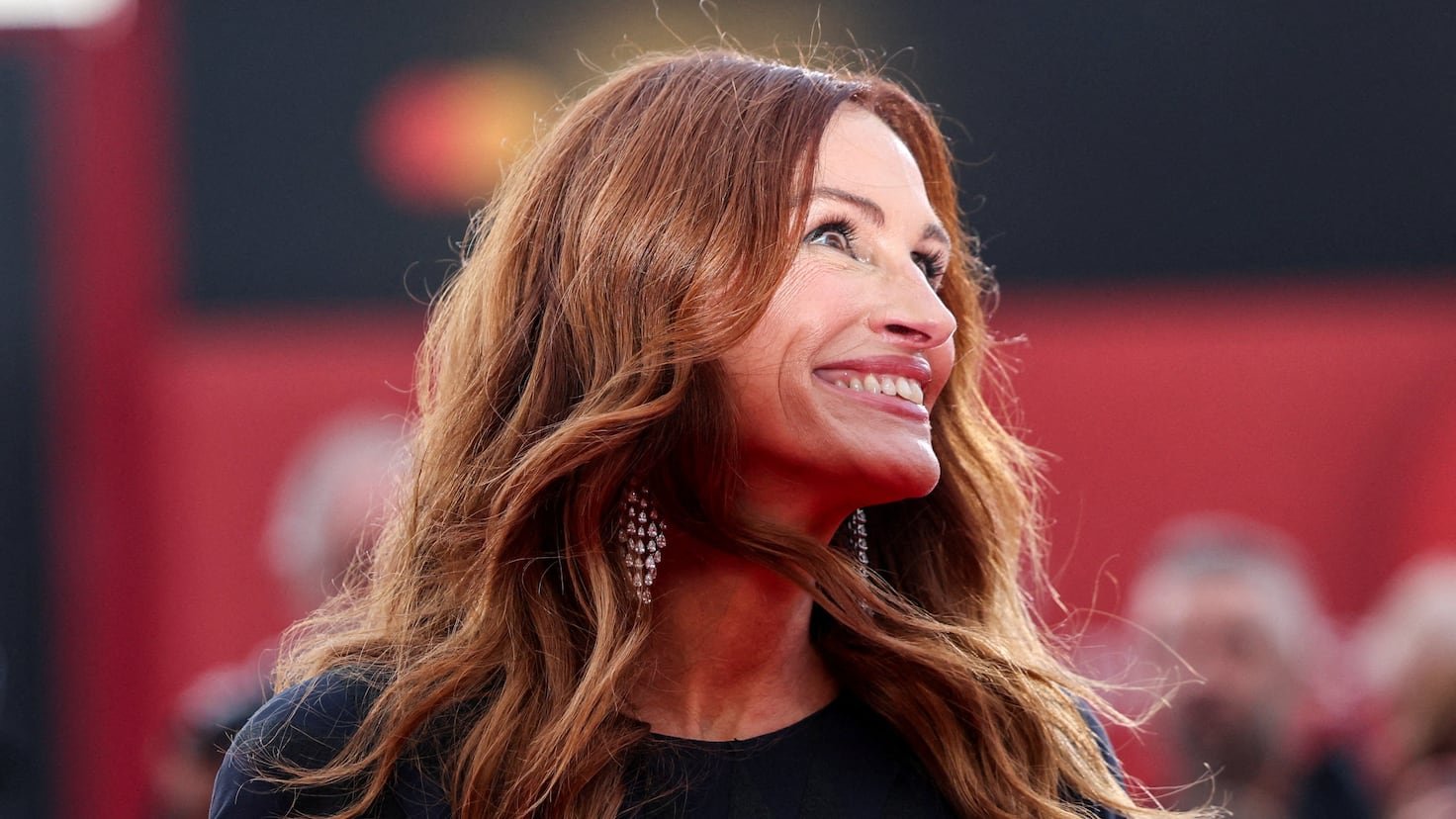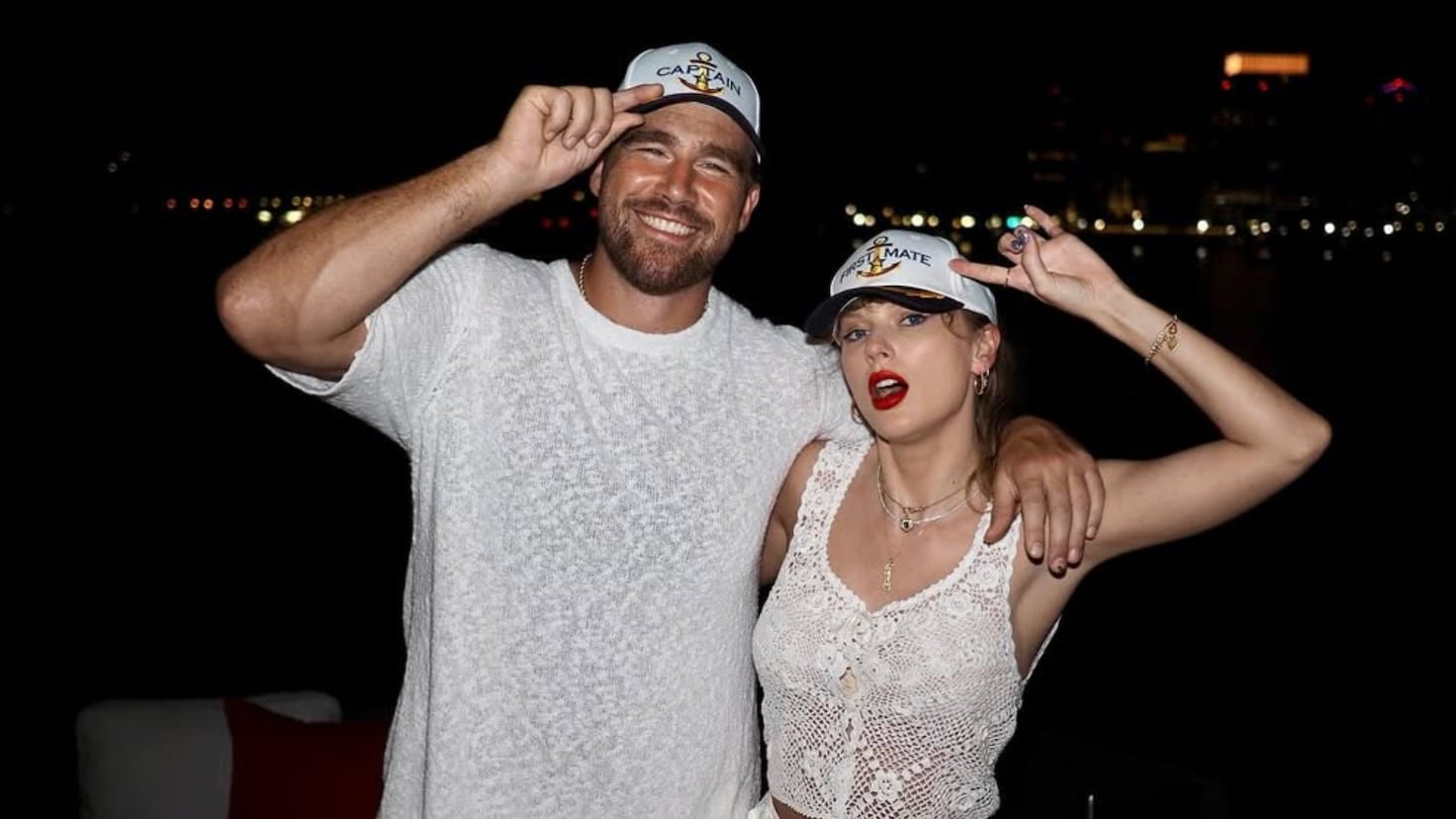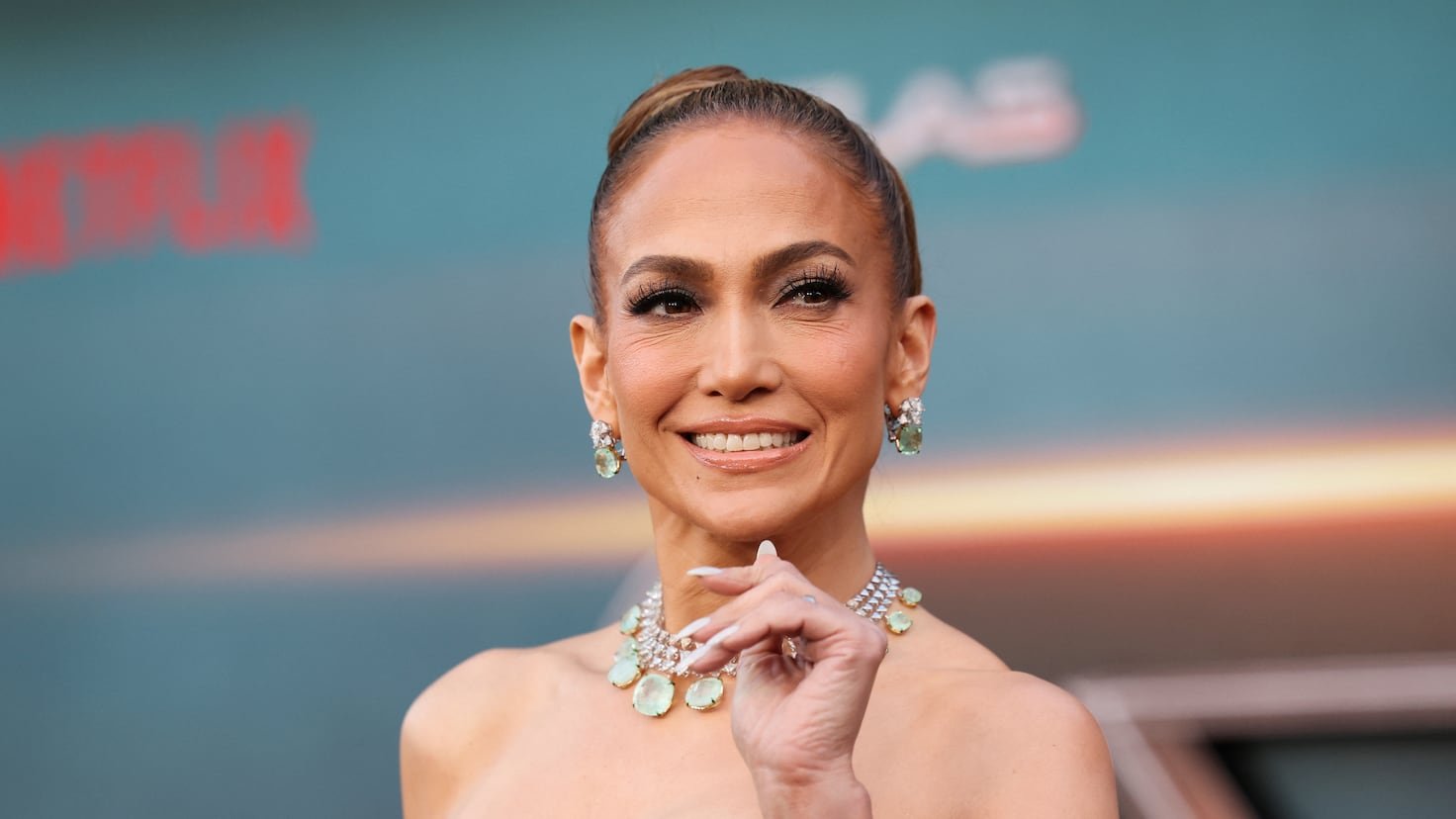
“Pretty Woman” has several iconic scenes that have become part of popular culture since the movie’s release in 1990. Although the romantic comedy initially received mixed reviews from critics, Julia Roberts and her on-screen chemistry with Richard Gere were widely praised. At the time of its release, the film was the fifth highest-grossing of all time worldwide.
Her performance as Hollywood street worker Vivian Ward catapulted Roberts to superstardom. But the 57-year-old has since revealed that things could have turned out very differently, with the final version of the movie radically different from the one she originally signed up for.
From “3,000” to “Pretty Woman”
Appearing on the BBC’s “Graham Norton Show,” Roberts explained she had initially landed the role in a much darker project that ultimately never made it to theaters.
[embedded content]
“I auditioned for a movie that was called ‘3,000,’ which was the amount of money that he paid her for their time together, and she was a drug addict and it was not a healthy relationship,” she said.
The original bleak ending
In “Pretty Woman,” the famous final scene shows Gere’s character, wealthy corporate raider Edward Lewis, acting out Vivian’s childhood fantasy of being rescued by a white knight. Lewis climbs out of his limousine’s sunroof and up the fire escape at Vivian’s apartment with a bouquet of flowers, kissing her on the lips in a symbolic happily ever after.
As Roberts noted, that ending unsurprisingly wasn’t part of “3,000.”
“The movie ended by him pulling down this side street in Los Angeles, they have a fight and he says, ‘Get out!’ and he kind of throws her out of the car, throws the money on her and drives away,” Roberts said. “The end.”
How Disney changed everything
So how did the movie take such a drastic turn?
[embedded content]
“I got that part in that movie and felt really proud. Then the company that was making it folded and the movie disappeared, and I was crushed,” Roberts recalled. “The next thing I knew, they said, ‘Oh, Disney picked up this film,’ to which one says, ‘Oh, naturally.’ And Garry Marshall’s going to direct it, and I was like, ‘Of course, that makes perfect sense to me.’”
Marshall, who rose to fame creating the 1970s sitcom “Happy Days,” went on to direct numerous comedy films.
“I went in to meet Garry and he told me all the ways he was going to change it and make it funny,” Roberts said. “We’d maybe break for lunch at 10:15 in the morning because we were out of pages. We’d just make it up. Garry would do things like this: ‘Be funny! Action!’”
Without that sliding doors moment, Roberts’ path to stardom might have looked very different.
Related stories
Get your game on! Whether you’re into NFL touchdowns, NBA buzzer-beaters, world-class soccer goals, or MLB home runs, our app has it all.
Dive into live coverage, expert insights, breaking news, exclusive videos, and more – plus, stay updated on the latest in current affairs and entertainment. Download now for all-access coverage, right at your fingertips – anytime, anywhere.



